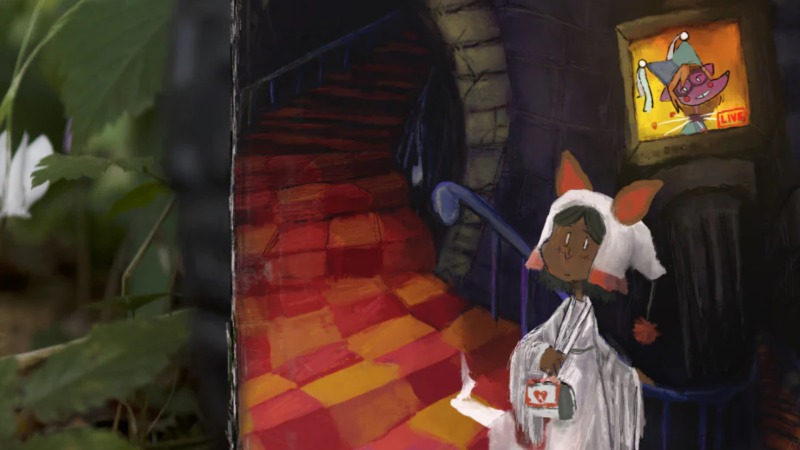Car Seat Headrest Ace Past Lessons on The Scholars
After their divisive 2020 LP Making a Door Less Open, the Seattle band returns with their best new album in almost a decade.

When Car Seat Headrest released Making a Door Less Open in 2020, it was met with polarizing reactions from fans and critics alike. The Will Toledo-led band, which is known for its infectious hooks and anthemic lyrics, instead made a darker, electronic-focused record with easily forgettable songs and songwriting that paled in comparison to fan-favorite albums like Teens of Denial and Twin Fantasy. Questionable decisions, such as including a satirical rap about Hollywood, were difficult to forgive, too. MADLO exposed the cracks in Toledo’s long-held title as one of contemporary indie rock’s best talents, making fans wonder how Car Seat Headrest would move on from the blunder. Thankfully, the band’s follow-up, The Scholars, proves they’ve grown from past mistakes, making this their best record since their 2018 reworked version of Twin Fantasy.
While Making a Door Less Open was a swing and a miss, The Scholars takes calculated risks as an ambitious rock opera, drawing as much inspiration from Tony Orlando and Dawn’s album Candida as it does from Mozart’s The Magic Flute. Here, Toledo takes the focus off himself, instead following the stories of the students and faculty of the fictional Parnassus University. With a Canterbury Tales-like narrative, The Scholars weaves together a story uncovering the mystifying happenings of the fantasy realm that Toledo created. Each song is about a different character, with this slew of personalities including Beolco, a student who believes he has spiritual ties to the university’s founder, a famed playwright known as the Scop; Devereaux, the son of a religious conservative, who has enrolled in the Clown College bordering Parnassus University and wrestles with his sexuality; and Rosa, a medical student who realizes she has regained powers she possessed as a child of bringing the deceased back to life, drawing attention from sinister beings.
The Scholars opens with “CCF (I’m Gonna Stay With You),” a gripping introduction to Beolco’s story. Pairing frenetic bongos with distorted guitar tones, the krautrock-inspired instrumentation evokes euphoric emotions that the character feels as he is finally where he believes he belongs. “I’m a stranger saying hi / To moments in life when I feel alive,” Toledo sings as Beolco, before promising his allegiance to the spirit of the Scop. The track leads the way for one of the standouts of the record, “Devereaux.” Praying to his late grandfather and namesake for guidance, Devereaux’s pleas come in the form of a hypnotic melody with bouncy riffs. It’s one of Car Seat Headrest’s first true singalongs in seven years.
Toledo and his bandmates have never shied away from displaying their influences. The Scholars, however, is a masterclass in how to pay homage to the musicians who shape your sound without creating a carbon copy of their work—a lesson many of the band’s contemporaries still haven’t learned from. A prime example of putting this in action is the three-song run of the album’s longest tracks: “Gethsemane,” “Reality,” and “Planet Desperation,” each taking influence from ’70s rock.
“Gethsemane,” which was chosen as the lead single, is an epic, nearly 11-minute-long track about Rosa and her “lizard brain” fighting for control. With synths and riffs that would sound at home in the Who’s Who’s Next, the bright, effervescent sounds from the British classic rock icons’ 1971 record are interpreted as a way to escalate tension, turning those flourishes into something eerier while paired with the organ.
-

-

-

-

-

-

-

-

-

-

-

-

-

-

-

-

-

-

-

-

-

-

-

-

-

-

-

-

-

-

-

-

-

-

-

-

-

-

-

-








































